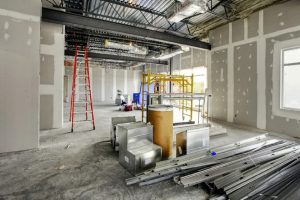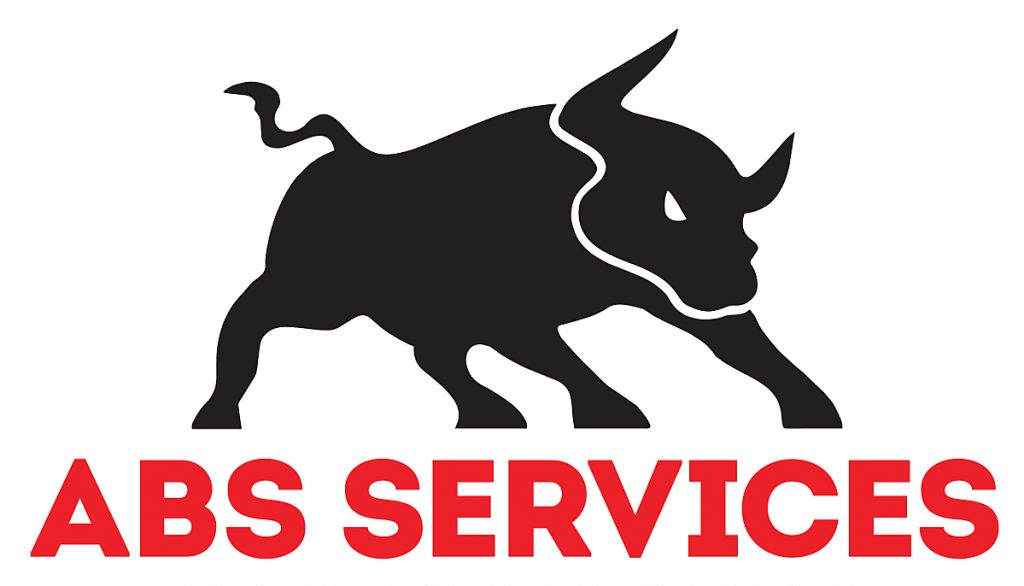 In the world of commercial construction, budgeting is the linchpin that holds everything together. Without careful planning and cost-effective strategies, projects can quickly spiral out of control, leading to delays and escalating costs. In this article, we will explore the top strategies for maximizing your budget and ensuring the success of your commercial construction project. From project scoping to collaboration with professionals, we will cover every aspect of cost-effective construction.
In the world of commercial construction, budgeting is the linchpin that holds everything together. Without careful planning and cost-effective strategies, projects can quickly spiral out of control, leading to delays and escalating costs. In this article, we will explore the top strategies for maximizing your budget and ensuring the success of your commercial construction project. From project scoping to collaboration with professionals, we will cover every aspect of cost-effective construction.
Define the Project Scope and Goals
One of the first steps in effective budgeting for a commercial construction project is to define the project scope and goals. By clearly outlining the purpose and objectives of the project, you can set clear expectations for all parties involved. This includes specifying the desired outcomes and deliverables, such as office spaces, retail shops, parking lots, or common areas for a commercial complex. By having a clear understanding of the project scope and goals, you can accurately estimate costs and plan accordingly.
Conduct a Thorough Cost Analysis
Once the project scope and goals are defined, it’s time to analyze the potential costs. Gathering information on material and labor costs is crucial for accurate cost estimation. This information can be obtained from suppliers, contractors, and industry reports. It’s important to consider potential overhead expenses such as permits, insurance, and management fees. By conducting a thorough cost analysis, you can avoid unpleasant surprises down the line and make accurate budget estimates.
Develop a Detailed Project Plan
A detailed project plan is essential for effective budgeting in commercial construction. Breaking down the project into phases and tasks allows for better execution and cost estimation. Assigning responsibilities and setting timelines ensures that everyone involved is on the same page. Identifying critical paths and dependencies helps understand how changes in one area could impact others. A well-defined project plan not only aids in execution but also contributes to accurate cost estimation, ultimately leading to effective budgeting.
Prioritize Cost-Effective Construction Methods
Embracing cost-effective construction methods is crucial for optimizing your budget while maintaining high-quality standards. Prefabrication and modular construction are alternatives that can significantly reduce labor costs and expedite timelines. These methods involve efficient off-site manufacturing and streamlined on-site assembly, resulting in reduced construction time and associated expenses. Value engineering is another approach that scrutinizes the functionality and cost of each project component, allowing you to uncover cost-saving opportunities without compromising quality.
Collaborate with Architects and Engineers
Collaborating with architects and engineers is essential for cost-effective construction. These professionals bring invaluable insights and expertise to the table, helping to identify cost-saving design strategies. By involving them early in the planning process, you can tap into their knowledge and perspective, ensuring that your project is optimized for efficiency and budgetary constraints. Open communication and collaboration foster a better understanding of the project requirements, minimizing errors and costly redesigns.
Involve Contractors and Suppliers from the Start
Involving contractors and suppliers from the start of your commercial construction project is crucial for cost-effective planning and execution. Obtaining multiple quotes and comparing prices allows you to identify contractors and suppliers who offer competitive rates. Evaluating their track records and seeking recommendations ensures that you choose reliable and experienced professionals. Transparent communication about your budget enables negotiation of contracts that align with your financial goals. Early involvement of contractors and suppliers promotes better planning and reduces the likelihood of expensive changes or delays later on.
Monitor and Control Expenses
Keeping a close eye on your project’s finances is essential for staying within budget. Implementing a robust tracking system to monitor costs helps you identify potential cost overruns early on. Regularly reviewing and updating your budget takes into account any changes in scope, materials, labor, or other factors. This proactive approach allows you to take corrective measures, such as adjusting the scope or reallocating resources, to keep your project on track. By closely monitoring expenses, you can maintain control over your budget throughout the construction process.
Embrace Sustainable and Energy-Efficient Practices
Sustainable and energy-efficient practices can lead to long-term savings, despite potentially higher upfront costs. Incorporating green building materials and technologies into your project can reduce operating costs in the long run. Energy-saving systems and equipment not only contribute to cost savings but also help protect the environment. Researching available incentives or rebates can further reduce costs associated with sustainable practices. By embracing sustainability, you can optimize your budget while making a positive impact on the planet.
Optimize Scheduling
Effective project scheduling is crucial for minimizing downtime and idle resources, ultimately leading to cost savings. Streamlining processes and eliminating bottlenecks can help reduce labor costs and expedite the project’s income-generating capabilities. Techniques such as phased construction or fast-tracking can reduce timelines and lower expenses. By optimizing scheduling, you can ensure efficient resource allocation and maximize the utilization of labor and equipment.
Implement Risk Management Strategies
Potential risks can have a significant impact on your project’s budget. Implementing risk management strategies allows you to identify and assess potential risks and develop contingency plans. Allocating reserves in your budget to cover unexpected costs provides a safety net for unforeseen circumstances. Regularly reviewing and updating your risk mitigation measures ensures that you are prepared for any challenges that may arise. By effectively managing risks, you can minimize their impact on your budget and project timeline. Effective budgeting is essential for the success of any commercial construction project. By following these strategies for cost-effective construction, you can maximize your budget while maintaining quality and achieving your desired outcomes. From defining the project scope and conducting a thorough cost analysis to collaborating with professionals and monitoring expenses, each step plays a crucial role in effective budget management. By implementing these strategies, you can ensure that your commercial construction project is completed on time and within budget, setting the foundation for future success.
We Provide General Commercial Contracting Services
We oversee construction projects from the beginning to the end. This includes designing, planning, building, and managing the entire process. We are responsible for coordinating with architects, engineers, and other subcontractors to ensure that the project is completed within the set timeline and budget.
> Learn More
Remember, every project is unique, and it’s important to adapt these strategies to fit your specific needs and circumstances. By staying proactive and flexible, you can navigate the challenges of commercial construction and achieve your goals while optimizing your budget.
Contact us (513-617-1401) for more information or a quote
—

About ABS Services
ABS Services provides comprehensive commercial construction services to Greater Cincinnati, Northern Kentucky, and Southeast Indiana. We have the experience, equipment, and the right team to get the job done!
> Learn More
